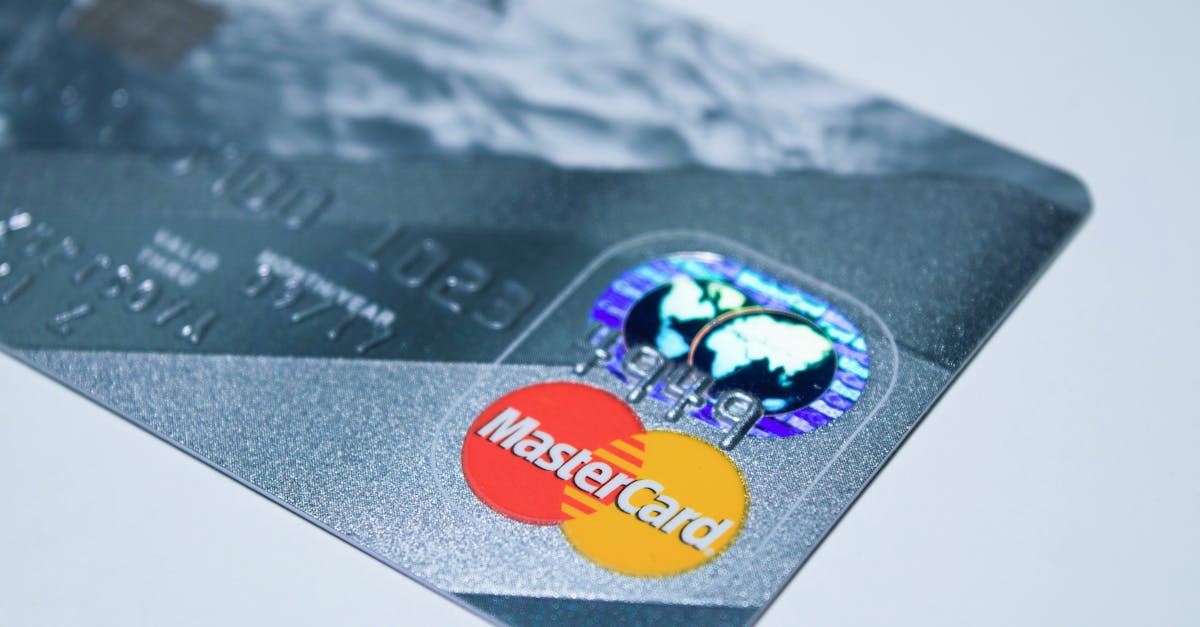
Introduction
In today's rapidly advancing digital age, the threat of financial scams and identity theft is more prevalent than ever. This article outlines crucial steps individuals can take to protect themselves from falling victim. Understanding these risks and implementing preventive measures is paramount to safeguarding your finances and personal information.
Recognizing Phishing Attempts
One of the most common scams is phishing, where fraudsters impersonate legitimate entities to steal information. These attacks often come in the form of emails or messages that appear to be from your bank or a familiar company. It's essential to verify the authenticity of any unexpected request for personal information directly with the entity involved before taking any action.
Securing Sensitive Information
Protecting sensitive information is a critical step in preventing identity theft. This includes keeping passwords, social security numbers, and banking details confidential. Use strong, unique passwords for different accounts and consider employing a password manager to store them securely. Shred any documents containing sensitive information before disposal.
Monitoring Bank and Credit Statements
Regularly reviewing bank and credit card statements can help detect unauthorized transactions early. Promptly report any suspicious activity to your financial institution to minimize potential damage. Utilize online banking alerts and notifications to stay updated on account changes, further enhancing your financial security.
Utilizing Two-Factor Authentication
Two-factor authentication (2FA) provides an extra layer of security by requiring a second form of identification beyond just a password. This can be a text message, an email, or an authentication app. Enabling 2FA on online accounts significantly reduces the risk of unauthorized access, protecting you from potential scams.
Avoiding Public Wi-Fi for Sensitive Transactions
While convenient, public Wi-Fi is a hotspot for hackers looking to intercept data. Avoid accessing banking apps or entering credit card details using public Wi-Fi networks. If necessary, use a virtual private network (VPN) to maintain encrypted connections, safeguarding your information from potential intrusions.
Educating Yourself on Scam Trends
Scammers constantly evolve their tactics, making education a vital defense tool. Stay informed about the latest scam methods, which may include advance-fee frauds or fake tech support calls. Subscribe to trusted online resources or newsletters that provide updates on new scam techniques to keep yourself vigilant.
Being Wary of Unsolicited Offers
Unsolicited offers, whether via phone, email, or social media, often present too-good-to-be-true opportunities. Critically evaluate the legitimacy of such offers before sharing any information or making purchases. Remember, legitimate businesses will not pressure you into making hurried decisions or disclosing unnecessary personal details.
Reporting Scams and Fraud
If you suspect you've been targeted by a scam, report it immediately to relevant authorities such as the Federal Trade Commission or your country's consumer protection agency. Quick reporting aids in stopping fraudulent activities and protects others from becoming victims. Keep records of all communications for future reference.
Summary
In conclusion, with the rise of digital interactions, being proactive about financial security is non-negotiable. Recognizing scams, adopting secure online habits, and staying informed are crucial steps in protecting yourself. Practice vigilance and remain cautious to ensure your finances and personal identity remain secure from harmful threats.